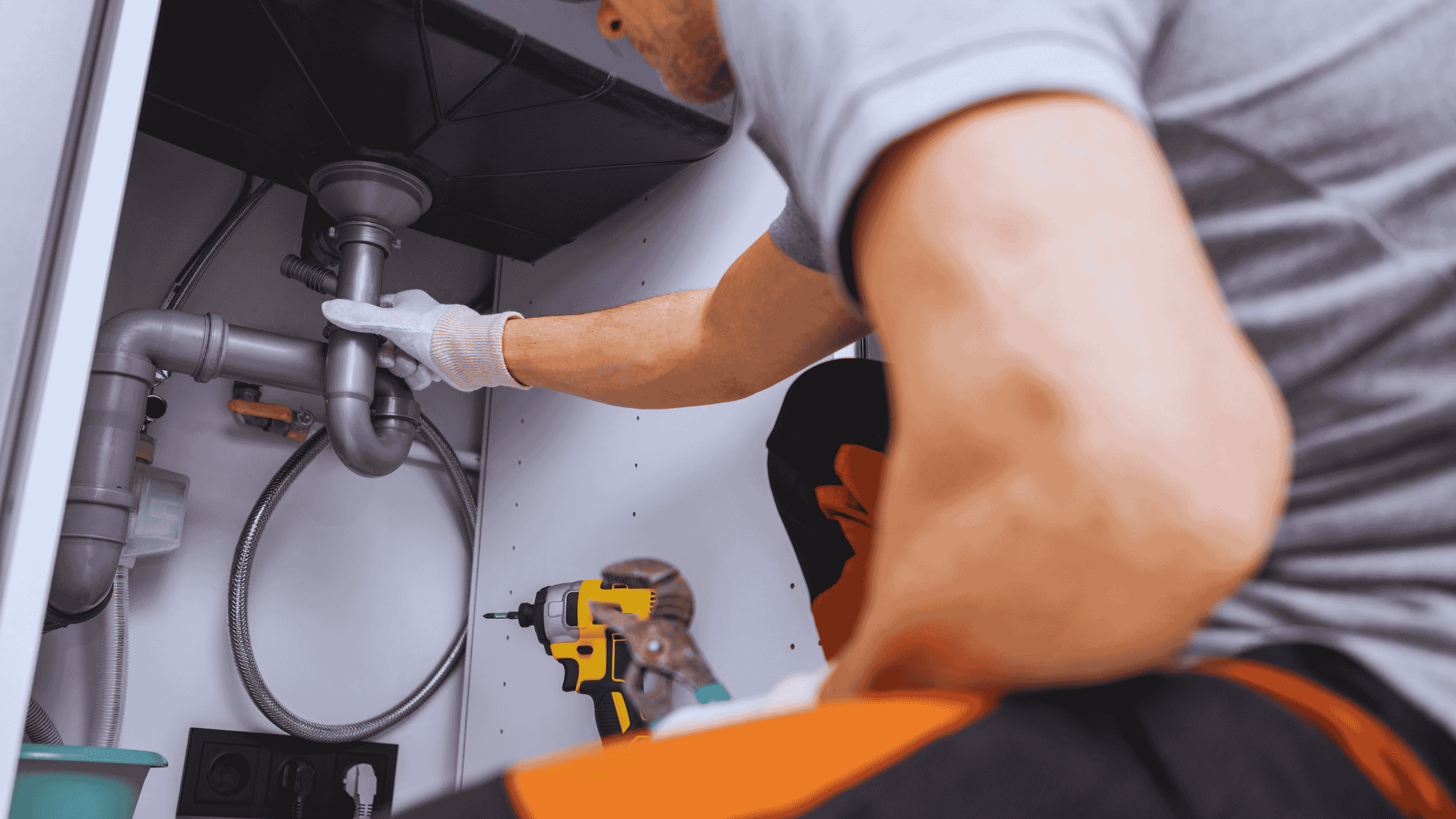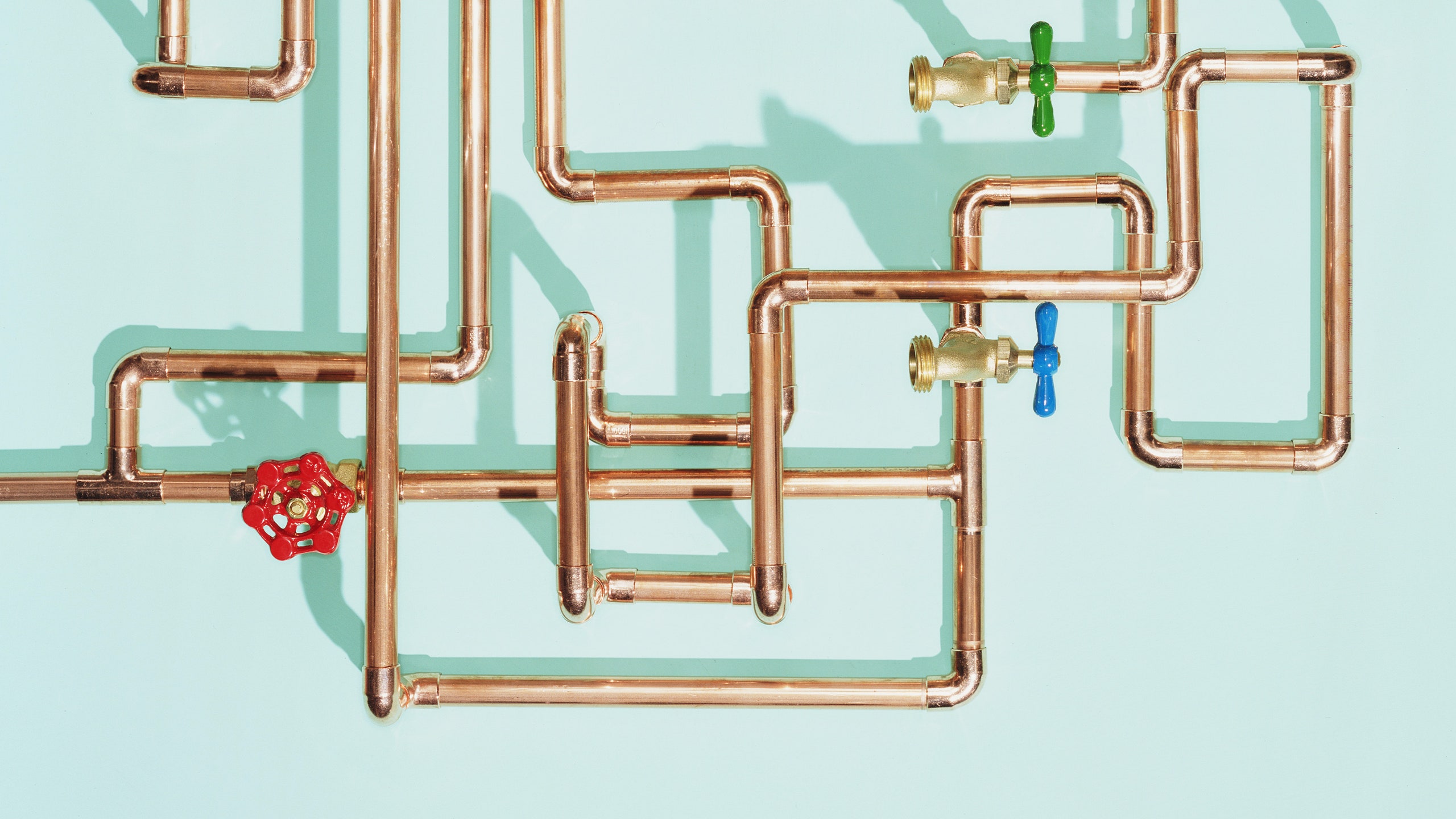Common Plumbing Problems in Dover and How to Fix Them

Plumbing problems can be a significant source of frustration for homeowners in Dover. From leaky faucets to clogged drains, these issues can disrupt your daily routine and lead to costly repairs if not addressed promptly. Fortunately, many common plumbing problems can be fixed with some basic knowledge and the right tools. This guide will help you identify and resolve some of the most frequent plumbing issues, ensuring your home’s plumbing system remains in top condition. And remember, for complex issues or emergencies, it’s always wise to consult a professional plumber Dover.
1. Leaky Faucets
Causes
Leaky faucets are a common nuisance in many households. The constant dripping sound can be irritating, and the wasted water can significantly increase your utility bills. The most common cause of a leaky faucet is a worn-out washer or O-ring.
Fixes
-
Turn Off the Water Supply: Before starting any repair, make sure to turn off the water supply to the faucet.
-
Disassemble the Faucet: Remove the handle and use a wrench to take apart the faucet. Identify the type of faucet (compression, ball, cartridge, or ceramic disk) and replace the washer or O-ring if it’s worn out.
-
Reassemble the Faucet: Put the faucet back together and turn on the water supply. Test the faucet to ensure the leak is fixed.
2. Clogged Drains
Causes
Clogged drains are another frequent plumbing issue. They can be caused by a buildup of hair, soap scum, food particles, or grease in the pipes.
Fixes
-
Use a Plunger: For minor clogs, a plunger can often clear the blockage. Ensure there is enough water in the sink or tub to cover the plunger’s cup and create a seal.
-
Drain Snake: If a plunger doesn’t work, use a drain snake or auger to reach deeper clogs. Insert the snake into the drain and twist it to break up or retrieve the clog.
-
Chemical Cleaners: Chemical drain cleaners can also be effective, but use them sparingly as they can damage pipes over time. Always follow the manufacturer’s instructions.
3. Running Toilets
Causes
A running toilet can waste a significant amount of water. This problem is usually caused by a faulty flapper valve, which doesn’t seal properly, or an issue with the fill valve.
Fixes
-
Check the Flapper Valve: Lift the toilet tank lid and inspect the flapper valve. If it’s worn or not sealing properly, replace it.
-
Adjust the Fill Valve: Ensure the fill valve is adjusted correctly so the water level in the tank isn’t too high or too low. Adjust the float if necessary.
-
Inspect the Chain: Make sure the chain attached to the flapper isn’t too short or too long, preventing the flapper from sealing correctly.
4. Low Water Pressure
Causes
Low water pressure can be caused by various factors, including sediment buildup in the pipes, a faulty pressure regulator, or issues with the municipal water supply.
Fixes
-
Clean Aerators and Showerheads: Sediment can clog aerators and showerheads, reducing water pressure. Remove and clean them to restore proper flow.
-
Check the Pressure Regulator: If you have a pressure regulator, ensure it’s functioning correctly. You may need to adjust or replace it if it’s faulty.
-
Consult a Plumber: If the issue persists, there may be a more significant problem with your plumbing system or the municipal supply. A professional plumber in Dover can diagnose and fix the issue.
5. Water Heater Problems
Causes
Issues with water heaters can include lack of hot water, strange noises, or leaks. These problems can result from sediment buildup, a faulty thermostat, or a leaking tank.
Fixes
-
Flush the Tank: Sediment buildup can be resolved by flushing the water heater tank. Turn off the heater, connect a hose to the drain valve, and flush out the sediment.
-
Check the Thermostat: Ensure the thermostat is set to the correct temperature (usually between 120-140°F). If it’s faulty, replace it.
-
Inspect for Leaks: Check for any leaks around the tank. If the tank itself is leaking, it may need to be replaced.
6. Burst Pipes
Causes
Burst pipes can cause significant damage and are often due to freezing temperatures, old plumbing, or excessive water pressure.
Fixes
-
Turn Off the Water Supply: Immediately turn off the main water supply to prevent further damage.
-
Thaw Frozen Pipes: If the burst is due to freezing, gently thaw the pipes using a hairdryer or heating pad. Avoid open flames.
-
Repair or Replace the Pipe: Depending on the severity of the burst, you may need to repair the pipe with a pipe repair clamp or replace the section entirely. Consult a plumber in Dover for major repairs.
7. Sewer Line Blockages
Causes
Sewer line blockages can result from tree roots infiltrating the pipes, grease buildup, or foreign objects flushed down the drain.
Fixes
-
Use a Plumbing Snake: A professional-grade plumbing snake can often clear minor blockages in the sewer line.
-
Hydro Jetting: For severe blockages, hydro jetting uses high-pressure water to clear the pipes. This should be done by a professional plumber.
-
Professional Inspection: If blockages persist, a plumber can inspect the sewer line with a camera to identify the issue and recommend a solution.
Conclusion
Understanding and addressing common plumbing problems can save you time, money, and frustration. While many issues can be resolved with DIY fixes, some problems require the expertise of a professional plumber in Dover. By recognizing the signs of common plumbing issues and knowing how to fix them, you can maintain a safe and functional plumbing system in your home. For complex repairs or persistent problems, don’t hesitate to contact a trusted plumber in Dover to ensure your plumbing system remains in optimal condition.




